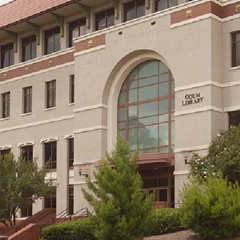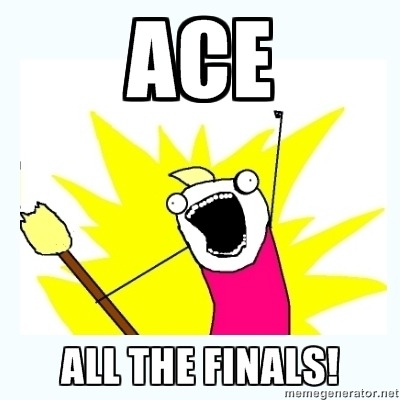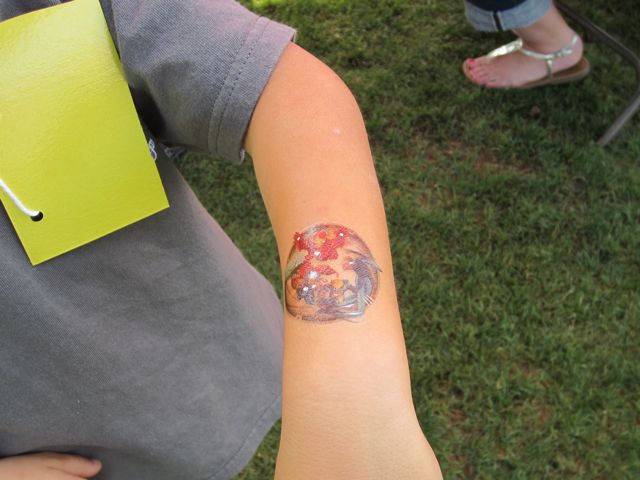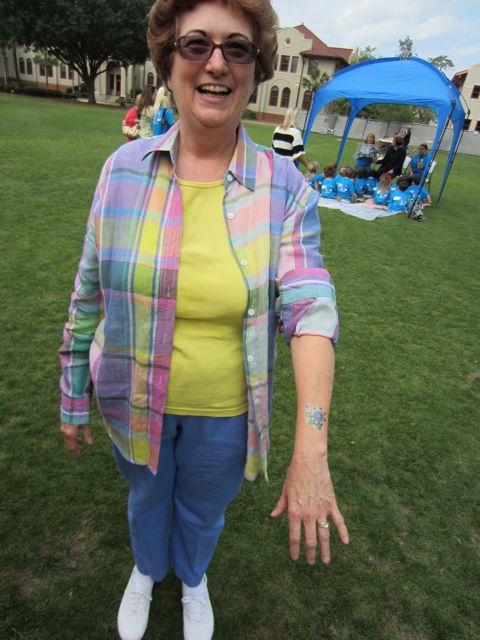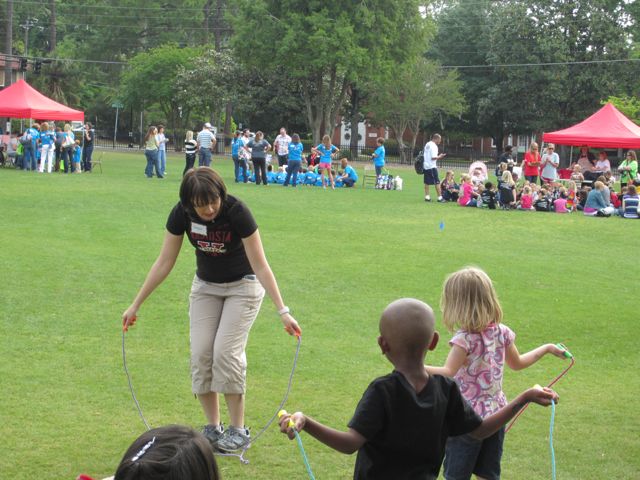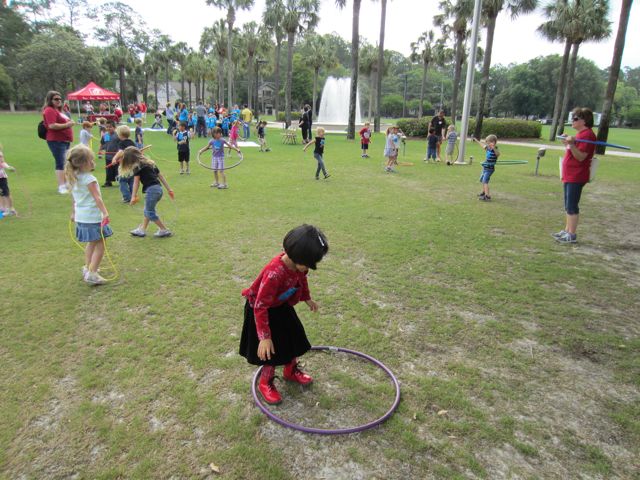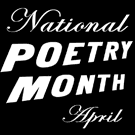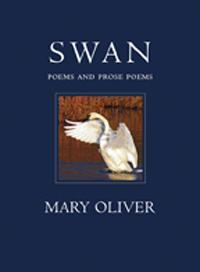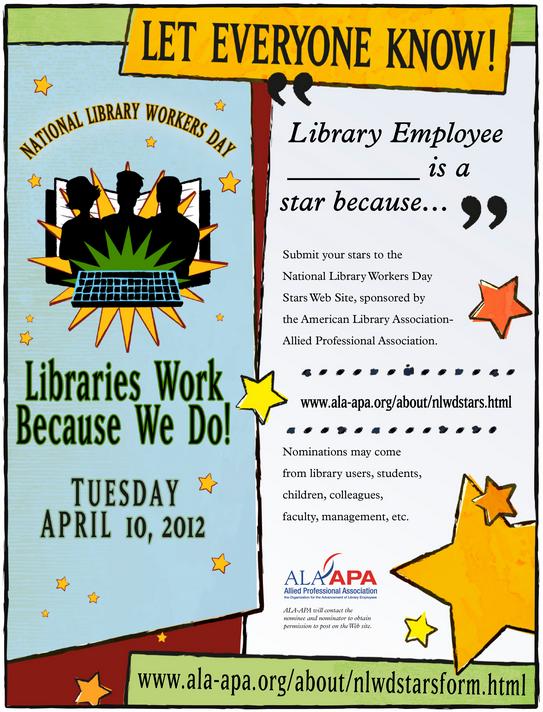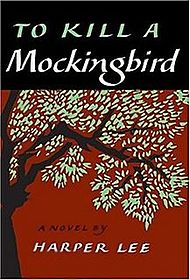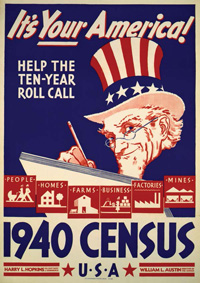
The Odum Library recently took delivery of something, which marks the end of 244 years of publishing history: a final print edition of Encyclopaedia Britannica.
According to a recent news story from The Guardian, we are lucky to have obtained this encyclopedic set. The newspaper reports that, “Sales staff at the 244-year-old publisher have been inundated with orders…with almost 175 copies selling a day since it was announced last month that print editions of the encyclopedia would be discontinued.”
Why are so many individuals (and libraries) keen to get their hands on a last print edition of Encyclopaedia Britannica? Obviously there are book collectors, by whom such a set will be valued – additionally, there may be a certain nostalgic appeal to the print version of this resource. However, I think the actual reason goes a little deeper. One of Britannica’s enduring qualities is the authoritative nature of the articles it contains, authored by experts in the various areas of scholarship found within the encyclopedia’s pages. Presumably this will not change as the print edition is wholly supplanted by the (continuing) online edition.
However, I’d argue that the print edition provides something which a periodically updated online version cannot: a “snapshot” (for want of a better term), of the state of knowledge that existed at the time the books, themselves, were printed. As time passes, it seems that an older edition of Britannica quietly assumes the role of an archive of intellectual understanding of the world, in addition to retaining its primary function of being a reference resource, (notwithstanding the reality that care must be taken when using it for this latter purpose – the oft-quoted observation that a print reference book is out of date the moment it rolls off the presses is, technically, true).
As an example, one precursor to our new set of Encyclopaedia Britannica is the famous 1911 edition. Owing to the fact that this was published prior to 1923, and is now within the public domain, you may find full-text versions of the 1911 Britannica hosted via open access resources such as Project Gutenberg. The 1911 version is particularly noteworthy for the quality of its prose, and the fact that some of the most learned people of that time served as contributors (a famous example being the physicist, Ernest Rutherford).
As our new set of Encyclopaedia Britannica finds its way onto the shelves of the Odum Library’s reference collection, it is curious to think that it will not only serve Valdosta State University students and faculty of today as an invaluable reference resource, but will continue to be used by Odum Library patrons decades hence.
You will find Encyclopaedia Britannica on the 2nd floor of the library, shelved within the reference collection at: REF AE5 .E363 2010 The library’s catalogue record for this resource can be located using GIL-Find@VSU: http://gilfind.valdosta.edu/vufind/Record/722064
Should you need help in locating or using Encyclopaedia Britannica, then please ask the Reference Librarian on duty at the reference desk for assistance.


